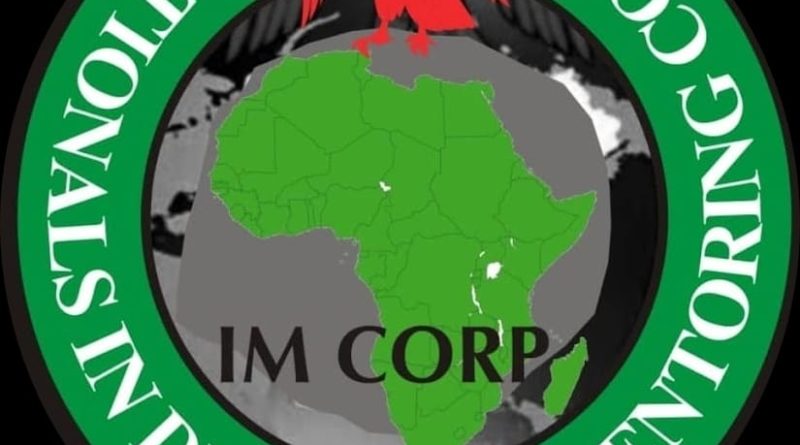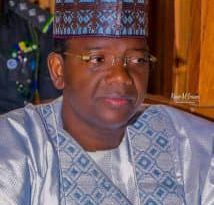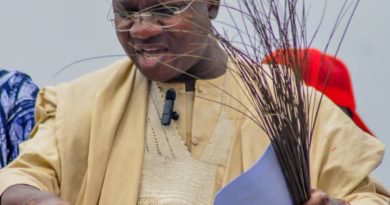Nigeria Nationwide Strike: A Call For A Fair Minimum Wage
Nigerians both at home and in the Diaspora are witnessing and experiencing the distressing and burdensome hardship that the country is currently facing. As a nation, our leaders, whether considering the legacy they inherited or created and in the process of building have a responsibility to address these challenges.
In comparison to the 2% inflation rate in Britain, where some of us are residing, Nigeria is grappling with an inflation rate of 33.69%. In light of this, the question arises: Can the government justify not increasing wages in line with the inflation rate?
Mentoring Commandant Alistair Soyode, the International Mentoring Commandant of NIDMECORP and a former Leader in Nigeria urges the Nigeria Labour Unions, similar organisations, and the federal government to promptly resolve the ongoing nationwide strike.
He emphasises the need for both parties to agree within the next seven days for dialogue to address the national minimum wage challenges.
Alistair stressed the importance for the Federal Government and the labour unions to take into account the economic hardships faced by millions of Nigerians, as well as the significant adversity experienced by the majority of citizens.
This call comes as organised labour continues the nationwide strike, impacting various aspects of lives in the country.
He called on the government to not only alleviate economic hardship but also to introduce and reinforce policies to stimulate the business economy. These measures include reducing taxes, waiving business levies, trimming down government well-being spending, and establishing independent bodies that are impartial and focused on unifying the nation.
Alistair remarked, “The current demand by the Labour Unions and Other Organisations is not unprecedented. However, this demand, under the current administration, necessitates a broader policy framework. Realistically, the minimum wage should be between N70,000 and N120,000. If not immediately approved, it can be staggered with the agreement of both parties.”
Increasing wages will bolster purchasing power, stimulate economic growth, create more employment opportunities, and reduce poverty-related crimes. This will also lead to a reduction in misery indexes and an increase in remittances from the diaspora, ultimately resulting in heightened tax revenue for the government and national developments and growths.
The diaspora communities are firmly supportive of an environment that fosters dialogue and addresses these challenges. However, Nigeria’s current policies and structures do not seem equipped to raise the minimum wage to the level demanded by labour unions and organisations, posing a potential threat. As diasporans who have contributed over $20 billion to our economy, we understand the impact a fair minimum wage can have.
We are pleased that the labour unions and the federal government have reached a crucial stage, and we urge them to swiftly reach an agreement that will benefit millions of Nigerians and lay the foundation for national recovery.
According to the United Nations’ Universal Declaration of Human Rights, Article 23(3): “Everyone who works has the right to just and favourable remuneration ensuring for himself and his family an existence worthy of human dignity.”
It is imperative that Nigeria’s workers receive wages that are at par with or higher than those of smaller nations. We call for a fair and acceptable minimum wage that reflects the rights of Nigeria’s hardworking citizens. It is time for the nation to stand together and ensure that every worker in Nigeria receives a wage that upholds their dignity and provides a decent standard of living.




